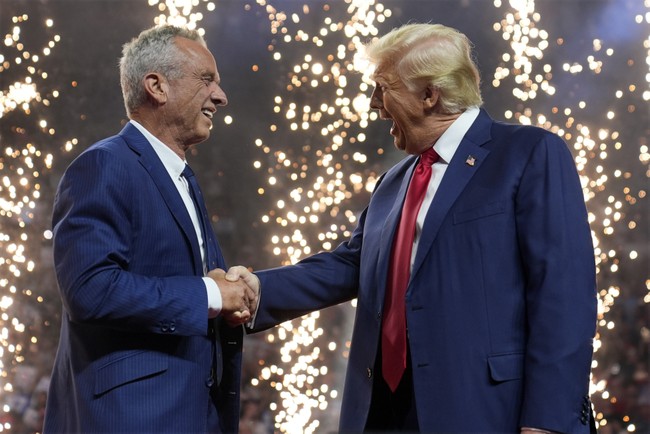If you’re aiming to reach a massive audience, you might think about running a commercial during next year’s Super Bowl. But be prepared—it’ll cost you around $7 million for just 30 seconds of airtime, so you’d better have deep pockets.
However, here’s an alternative you might not have considered: I can get you an audience the same size as the Super Bowl’s for a fraction of the cost. Seriously! If your only goal is to reach as many people as possible, you can replicate the Super Bowl’s audience for mere pennies on the dollar—just by buying a bunch of ads on the top 50 or so “adult content” sites.
Last year, 123.7 million people watched the Super Bowl. You can absolutely match those numbers with adult websites. Billions of people visit them. PornHub alone has 10.8 billion monthly visitors! (Of course, not you or any of your friends—it’s everyone else who’s keeping that multibillion-dollar industry afloat. I know, I know.)
But most brands don’t want to be associated with explicit content. For example, Disney would never promote its latest film on PornHub, no matter how cost-effective it might be. The brand damage would far outweigh any financial savings. It would be a brand-crime.
And that’s the hidden truth about the cost of Super Bowl commercials: It’s not just about the number of viewers. Companies don’t pay a premium just for eyeballs—they pay for the association with the most popular sporting event in America. That’s the real power of positive association.
Of course, the opposite is also true. Some associations are toxic—if you doubt that, consider this: When was the last time you used the word “niggardly” in public? Exactly! The word itself is completely innocent: “Niggardly” comes from the Middle English word nigon, meaning stingy. It’s been part of the English language since the 1300s, while the N-word only became a derogatory slur in the 1770s.
It doesn’t seem fair to punish an innocent word, does it? But that’s reality.
The swastika had an even longer history than “niggardly,” much of it positive, but outside of India, the Nazis’ brutality has forever tainted that symbol. Similarly, “niggardly” has lost its functional utility—it’s simply too phonetically close to a vile epithet. The purpose of language is to communicate, and using that word would only distract from your message.
This brings us to Robert F. Kennedy, Jr.
The true value of his endorsement isn’t the number of voters he reaches or the support he commands. It’s not about that at all. In PR, it’s all about narrative: How facts are presented to create the most appealing and marketable version of reality.
And this is where RFK Jr. can be a significant asset.
By joining the MAGA movement, RFK Jr. helps Trump craft a narrative that portrays him as open-minded and willing to forgive former rivals. It shows Trump’s ability to attract independents, moderates, liberals—practically anyone. After all, even a Kennedy is backing Trump!
This also sends a powerful message through omission: By snubbing Kamala Harris and siding with Trump, RFK Jr. sets an example that others may follow. By definition, trendsetters set trends. Kennedy is either the last of the old Democrats or the first of a new wave.
Either way, it signals the start of a movement.
It also diminishes Kamala Harris’s post-convention bounce. Instead of everyone talking about her big speech, the focus shifts to Kennedy’s endorsement.
In the coming weeks, Democrats will likely target RFK Jr. just as much as they target JD Vance. They have to—it would be PR malpractice to let Kennedy’s endorsement go unchallenged. The crazier and more fringe he seems, the less valuable his endorsement becomes.
The PR battle is about to heat up. Fortunately for Trump, RFK Jr.’s endorsement gives him extra ammunition.
And if that doesn’t work, well, we could always consider advertising on PornHub.
 Telegram is where we really talk. Don't miss out!
Telegram is where we really talk. Don't miss out!








